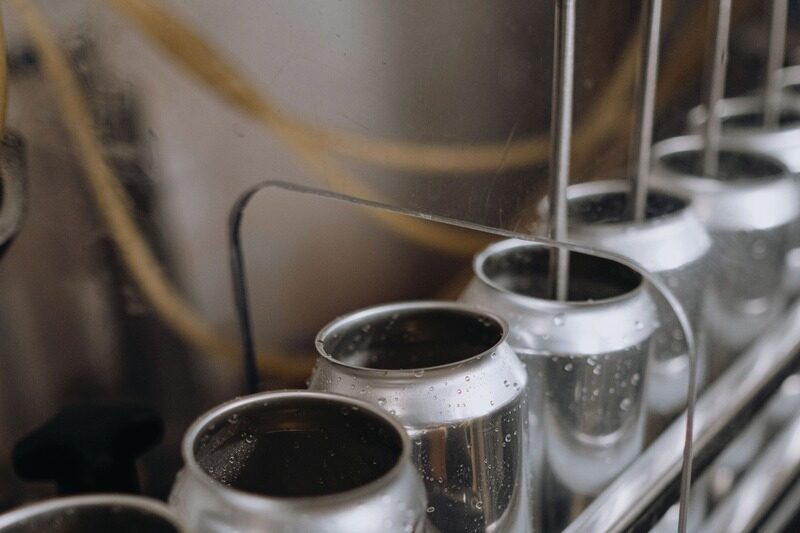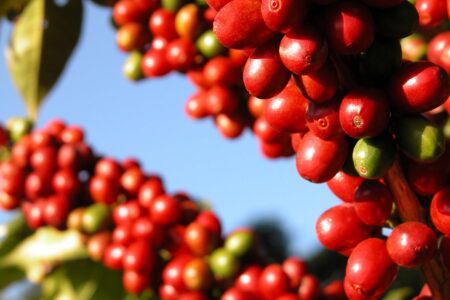Improving packaging sustainability in the beverage industry

Image: Pexels
As the demand for more sustainable packaging intensifies, Jorge Izquierdo, vp, market development at PMMI, outlines beverage manufacturers’ efforts to improve packaging sustainability.
Sustainability is no longer just a buzzword in the beverage industry — it’s a major issue for consumers and, therefore, for producers as well. In terms of packaging, sustainability centers upon materials, including the material used for the container or package itself, and whether that material comes from recycled sources or if it can be recycled after use. The United States needs to recycle beverage packaging much more efficiently than it does today—according to a recent study by PMMI, The Association for Packaging and Processing Technologies, only 25 per cent of plastic bottles in the US are recycled each year.
What will it take to boost recycling rates and achieve the Environmental Protection Agency’s goal of a 50 per cent recycling rate by 2030? And are there other strategies for beverage producers and manufacturers to improve packaging sustainability? Let’s take a closer look at what the industry is doing today, and what it can do in the future.
Developing better recycling programmes
To start, regularisation of what can and cannot be recycled will make the process easier for consumers, thereby driving more material into recycling streams. Organisations are indeed taking action to eliminate barriers to recycling. As part of its ‘Blueprint for America’s Recycling System’, for example, the Recycling Leadership Council (RLC), a group convened in 2020 by the Consumer Brands Association, calls for a national strategy on recycling and policy action, including a plan to standardise the recycling system.
“Currently, each programme collects different combinations of materials. With a standardised system, programmes can collect more volume, which allows for more and different types of materials to be collected and processed for post-consumer recycled content, keeping recyclable waste out of landfills and waterways,” explained Meghan Stasz, senior director, Sustainability at the Consumer Brands Association, in a recent blog post.
The beverage industry is already making important strides, take for instance the American Beverage Association, which is undertaking efforts to spur more recycling with its Every Bottle Back programme. This aims to improve recycling infrastructure, measure the industry’s plastic footprint, make 100 per cent recyclable bottles, add recycling-promoting messaging on packaging, raise awareness, and inspire action.
Similarly, the Can Manufacturers Institute is working to retrieve the 25 per cent of aluminium cans currently missorted and lost at material recovery facilities. Toward that end, it has established a grant programme to help install eddy current equipment and quality control robots that can identify and capture the cans that otherwise would be overlooked.
Materials matter
Just as recycling must increase, so too must the use of different materials for beverage packaging. For example, switching from virgin plastic to recycled plastic, known as rPET, is an increasingly common strategy for beverage manufacturers. In PMMI’s recent study, we found that 89 per cent of manufacturers interviewed are actively looking to incorporate more recycled material into their packaging, and 67 per cent are already transitioning from PET to rPET bottles.
Low plastic recycling rates, however, mean that the supply of rPET can be constrained. An obvious alternative is aluminium, which is considered highly sustainable thanks to its ability to be recycled almost infinitely. There is also growing interest in paper-based bottles, which one respondent to PMMI’s study called ‘the holy grail’. It’s important to note that the industry still needs to overcome some functional hurdles with paper bottles, such as preventing the packaging from leaching into the product and ensuring it can hold up to environmental stressors. But continued innovation in materials and packaging formats means that new and better solutions are in the process of being developed.
Finding sustainable solutions
Beverage producers, OEMs, and industry associations all need to work together to make a circular economy a reality for the beverage industry. Regularised recycling programmes, cutting-edge materials science, and a collaborative approach are all necessary to address the scale of the plastics waste issue and make the industry as a whole more sustainable.
Efforts to create a more sustainable world will be featured at Pack Expo International (23-26 October, Chicago, Illinois), where a Pack Expo Green icon identifies exhibitors that provide renewable, biodegradable, source-reduced, recyclable, and/or recycled-content packaging materials or technologies that reduce carbon footprint.
- Jorge Izquierdo is vice president, market development at PMMI, The Association of Packaging and Processing Technologies, based in Herndon, Virginia. PMMI organises the Pack Expo portfolio of trade shows, including the upcoming Pack Expo International. For more information and to register, visit packexpointernational.com. To learn more about PMMI, visit: www.pmmi.org.



